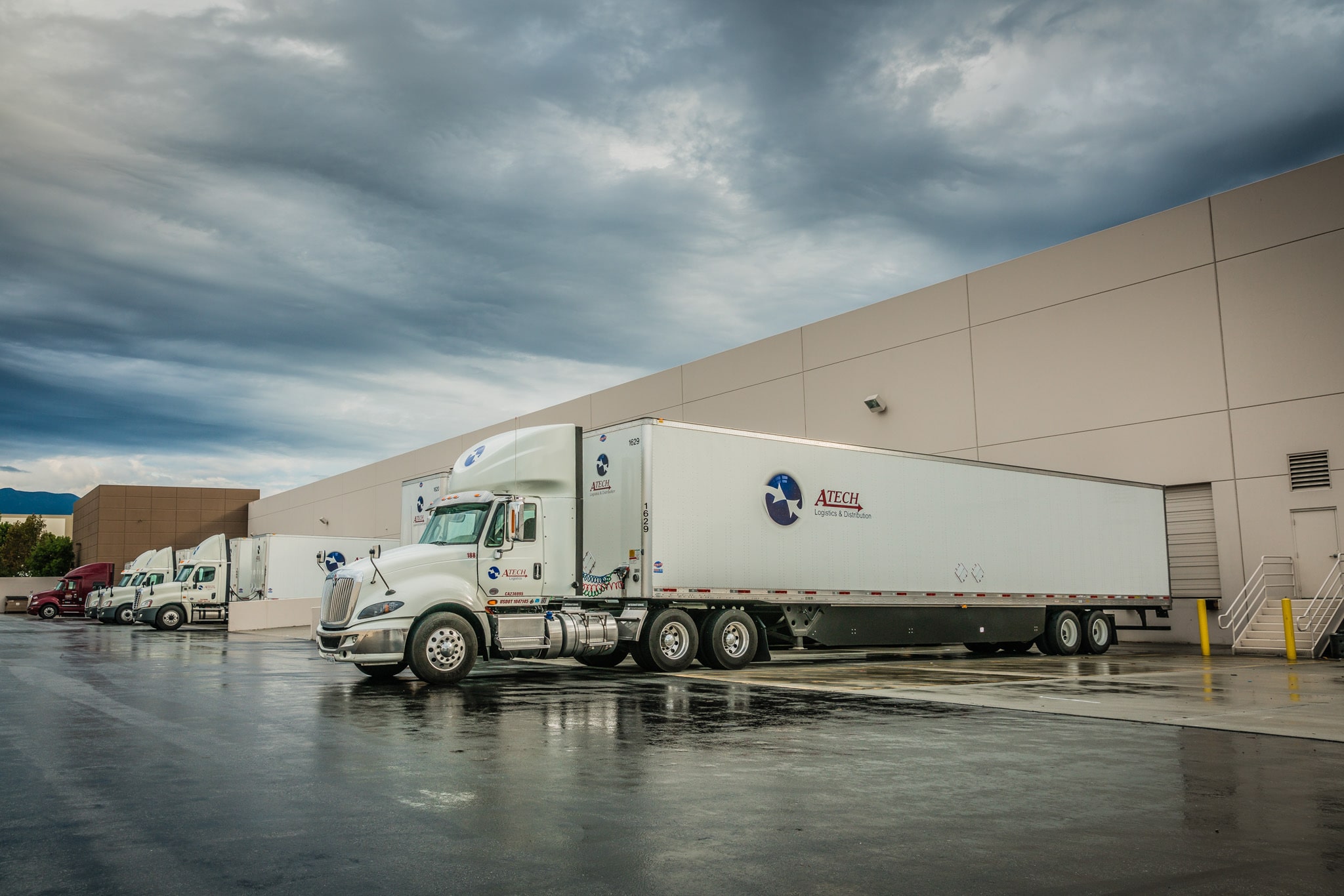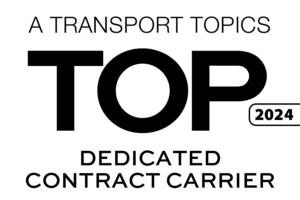 Over the last year and a half, the world has seen a volatile market. Perhaps the most heavily impacted market is the logistics and transportation community that faced layoffs, personnel shortages, transportation problems, and a shortage of resources, just to name a few issues.
Over the last year and a half, the world has seen a volatile market. Perhaps the most heavily impacted market is the logistics and transportation community that faced layoffs, personnel shortages, transportation problems, and a shortage of resources, just to name a few issues.
However, with all of the troubles, the logistics and transportation industry also made incredible strides. For example, e-commerce is now bigger than ever, with more people selling online than before. The logistics and transportation industry has had to get creative with how the supply chain is run. The need for innovation has sparked a revolution in the logistics community that helped curb the spread of COVID-19 and ensure that consumers received the vaccine promptly.
The popular COVID-19 vaccinations from Pfizer and Moderna created a logistical problem for governments and pharmaceutical companies. With each vaccine having a short shelf-life and requiring specific storage temperatures, getting these vaccines from the manufacturer to the vaccination sites was going to be a challenge.
Not only were global lockdowns working against getting the vaccine to communities, especially rural communities across the United States, but getting vaccines across borders was also going to be a problem. According to the CEO of the International Air Transportation Association (IATA), Alexandre de Juniac, “Safely delivering COVID-19 vaccines will be the mission of the century for the global air cargo industry.”
At the beginning of 2021, it was estimated that the first round of vaccines, approximately 8 billion doses, would require 8,000 Boeing 747s to deliver all the doses to the world.
To handle such a daunting challenge, special task forces were created worldwide with the efforts led by the Civil Aviation Authority of Singapore. With only 18 members leading the initiative, the group comprised of freight forwarders, airlines, cargo handlers, and government agencies.
Together, this team created a plan to distribute all these vaccine doses to the global population safely—that meant assessing the ability of airlines to accommodate for the variety of COVID-19 vaccines and the specific temperatures at which they needed to be stored. Additionally, the task force had to consider the volume at which these vaccines would be transported and how each airline would handle the uptick in cargo.
Handling all these specifications for all 8 billion vaccine doses was no small feat. In Asia, Singapore Airlines used one of its Boeing 747-400 freighters to deliver the first shipment of Pfizer vaccines to Asia. This shipment was the first of the vaccinations to be delivered to Asia, and it served as the model for how other airlines on other contents would deliver their vaccines.
Air France KLM Martinair Cargo created a climate-controlled room 35.6°F to 46.4°F to help safely distribute the COVID-19 vaccines throughout Europe.
But it wasn’t just the air cargo sector that stepped up to help curb the pandemic. UPS started building “freezer farms” across the United States and the Netherlands with freezer banks that could reach temperatures as low as -112°F. With 600 freezers, UPS was able to store 48,000 vials of the vaccine. Additional freezer space was also built in Germany, the UK, and South America.
DHL Global Forwarding also created freezers for the United States, opening a 20,000-square-foot facility in Indianapolis, Indiana, solely dedicated to life sciences and healthcare to aid with the current pandemic and help to curb any future global health crisis. The Indianapolis facility offers a wide range of temperature-controlled spaces and is within a Free Trade Zone so that international cross shipping will be allowed.
And it’s not only UPS and DHL who are stepping up to the plate to help end the COVID-19 pandemic. FedEx has also gotten in on the action. FedEx now has the latest proprietary sensor-based technology available on the market. This new, cutting-edge technology provides enhanced package visibility that allows package tracking and transmission every two seconds, helping ensure timely vaccine delivery to vaccination sites.
The COVID-19 pandemic has not only created a surge in innovation in the logistics community, but it has also created the need for new regulations within the industry to be considered. These new regulations cover antitrust investigations regarding monopolies in the e-commerce space, specifically surrounding the China-based company Alibaba.
Additionally, Europe is proposing the Digital Services Act (DSA) and the Digital Markets Act (DMA), which, if passed, will create regulations for major online platforms to protect consumers from illegal content, increase the transparency of advertising, and reduce manipulation and disinformation.
During this volatile year with surprises around every corner, the logistics and transportation industry stepped up and become a driving force in helping the world recover from a globally devastating pandemic. While these innovations were created out of necessity, they will continue benefitting the global community for years to come.

